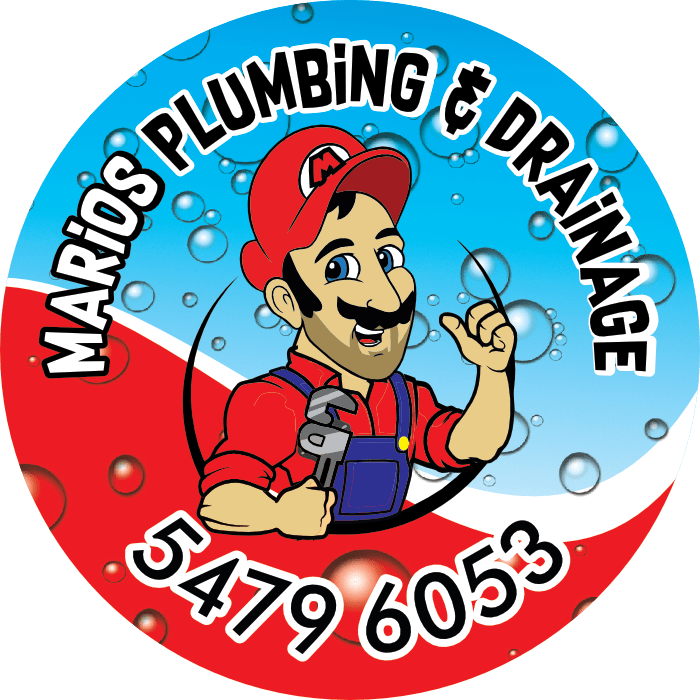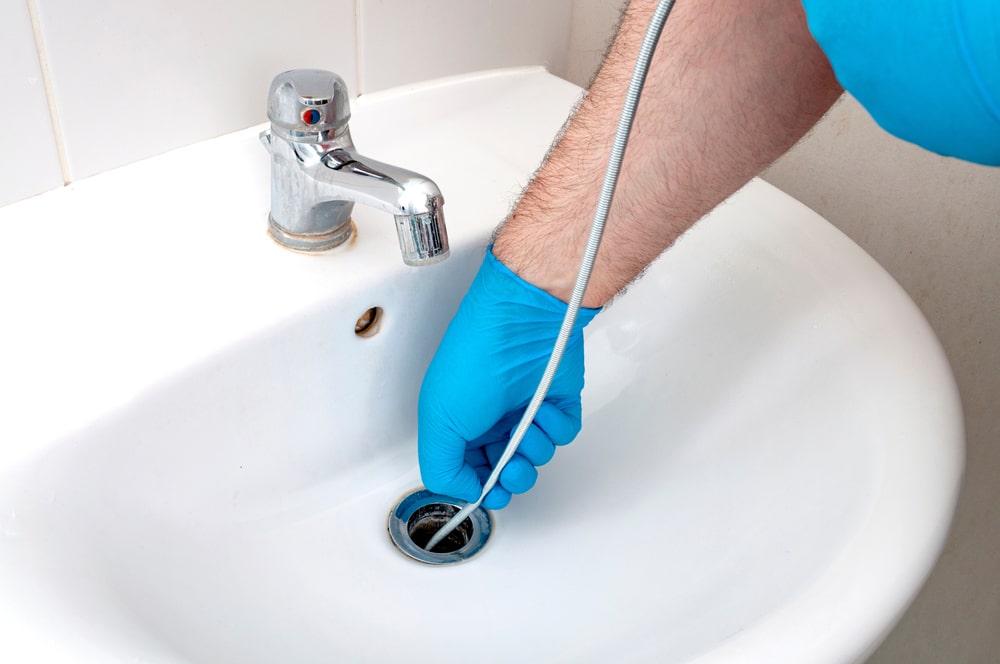The Sunshine Coast in Queensland, Australia, is renowned for its beautiful weather and abundant sunshine. With an average of 300 sunny days per year, it’s no surprise that residents are increasingly looking to harness the power of the sun to meet their energy needs.
One of the most common applications of solar energy is for hot water systems. However, traditional gas hot water systems have also been popular for many years.
Choosing the right hot water system for your home is an important decision. It can affect your daily life and your wallet. The two popular options in Australia are solar and gas hot water systems. Each has its pros and cons.
In this article, we’ll compare these options to help you choose the right hot water system for your home.
Gas Hot Water Systems
Gas hot water systems use a gas burner to heat the water in a tank or instantly as it flows through the unit. The gas can be natural gas or LPG (liquefied petroleum gas).
Advantages Of Gas Hot Water Systems:
- Generally, more energy-efficient than solar water heaters, resulting in lower running costs.
- Faster heating time than solar systems, ensuring readily available hot water.
- More effective for households with high hot water demand.
- They can continue to function during a power outage, providing a reliable source of hot water.
- Lower running costs compared to a solar hot water system.
Disadvantages Of Gas Hot Water Systems:
- Installation costs can be higher due to the need for a gas connection.
- Higher upfront costs compared to solar systems.
- Produces high greenhouse gas emissions compared to other hot water system types.
- Requires a separate gas supply and storage space, which can pose a fire hazard if not properly installed or maintained.
Solar Hot Water Systems
Solar hot water systems are becoming increasingly popular on the Sunshine Coast due to the region’s abundant sunshine. These systems use solar collectors to absorb energy from the sun and convert it into hot water for your home.
Advantages of Solar Hot Water Systems:
- Solar hot water systems utilise clean, renewable energy, reducing your carbon footprint and reliance on fossil fuels.
- Once installed, solar hot water systems have lower operating costs compared to gas systems since they rely on sunlight, which is free.
- The Australian government offers various incentives and rebates for installing solar hot water systems, making them more affordable.
- While the initial cost may be higher, the long-term savings on energy bills can outweigh the upfront investment.
- Solar hot water systems significantly reduce greenhouse gas emissions, contributing to a more sustainable and eco-friendly lifestyle.
Disadvantages of Solar Hot Water Systems:
- Solar hot water systems depend on sunlight, so they may not be as reliable on cloudy or rainy days, which can be a drawback on the Sunshine Coast despite its generally sunny climate.
- Solar hot water systems have a higher initial cost due to the purchase and installation of solar panels and equipment.
- You’ll need adequate space for solar collectors on your roof, which may not be feasible for all homes.
- Solar hot water systems may require periodic maintenance to ensure optimal performance
Choosing the Right Hot Water System
To choose the right hot water system for your home, consider factors like household size, energy usage, upfront costs, and running costs. Both solar and gas systems have their advantages and disadvantages, so your choice will depend on your specific needs and circumstances.
- Energy Efficiency: A solar hot water system is the clear winner if you prioritise energy efficiency and reduce your carbon footprint. However, keep in mind the occasional weather dependence.
- Reliability: If you need a reliable and constant supply of hot water, especially in high-demand households, a gas hot water system may be a better choice.
- Long-Term Costs: Consider both the upfront and operating costs. Solar systems have a higher initial cost but can save long-term energy bills.
- Environmental Impact: If you’re concerned about reducing greenhouse gas emissions and promoting sustainability, a solar hot water system aligns better with your values.
- Space and Installation: Assess your available space for solar collectors and the feasibility of installation. Gas systems are more flexible in this regard.
- Government Incentives: Take advantage of available government incentives and rebates for solar hot water systems to make them more affordable.
- Maintenance: Consider the maintenance requirements of your chosen system and factor this into your decision-making process.
- Future Energy Prices: Keep in mind that gas prices can fluctuate, while sunlight is a free and abundant energy source.
Gas vs. Solar: Which One to Choose?
At Mario’s Plumbing and Drainage, we believe in proactive care for your plumbing needs. With a legacy spanning over 15 years, our team stands ready to serve you in Adelaide and the Sunshine Coast. Whether it’s a simple blockage or a major installation, we’re committed to quality service. Reach out through our contact page or call us directly to schedule a consultation or service. Your comfort is our mission.
The choice between gas and solar hot water systems depends on your household’s specific needs. If you live in a colder climate or have a high hot water demand, a gas system may be more suitable due to its higher efficiency.
Smaller households with lower hot water usage may find solar systems more cost-effective and easier to install.
By carefully weighing the advantages and disadvantages of both options, you can ensure that you have a reliable and efficient hot water system for years to come.
Ready to Upgrade?
When deciding between a gas or solar hot water system, weighing the pros and cons of each option and aligning them with your specific needs and priorities is essential.
Ultimately, the choice between gas and solar hot water systems is a personal one that depends on your household’s size, hot water demand, budget, and commitment to sustainability.
If you’re looking for a new hot water system on the Sunshine Coast, Mario’s Plumbing is here to help.
Our experts can assist with repairs, maintenance, purchases, and installations to ensure your hot water system runs safely and efficiently. Contact us today to get a quote and schedule a service appointment for reliable hot water in your home.



